注意:打呼噜≠睡得香!可别把打鼾当成小毛病,这不仅非常影响自己和枕边人的睡眠,甚至很有可能是疾病的信号哦!
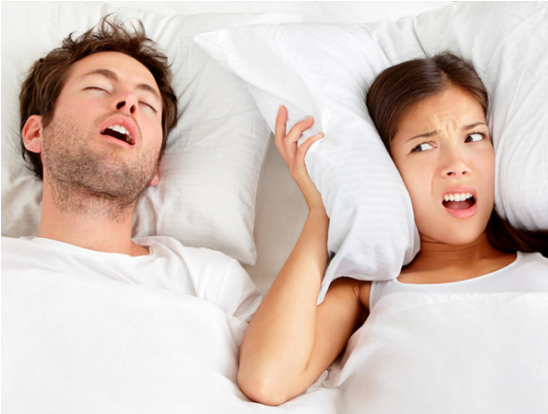
简介
打呼噜是健康的大敌,在医学上称为“睡眠呼吸终止症候群”。表现为:时而会憋气,呼吸困难,或呼吸中断、暂停,时间可长达数秒或10秒以上,可出现口唇发绀等缺氧表现,且常在睡眠中被憋醒,如夜间7小时的睡眠中呼吸暂停次数超过30次且每次暂停时间超过10秒。
正常人睡眠时,呼吸加深、缓慢、均匀、平稳,不会发出声音。如果呼噜声如雷,时续时断,有起有伏,证明上气道阻塞严重。
产生原因
引起打鼾的原因很多,当上气道阻力增加,咽喉部的舌根、软腭等软组织处于放松状态,向下塌陷,呼吸时气流通过气道狭窄部位过程中,使组织振动产生的声音,称为打鼾。气道越窄,气流越强,组织震动越明显,鼾声也越来越大。
当上气道阻力过大,吸气时气道变得更窄,甚至完全堵塞,气流无法顺利通过气道(就像水管堵塞时水流变细甚至没有水流一样),导致血液中的氧含量降低,大脑感知到这样的状态,会将我们从睡眠中唤醒,使气道重新打开进行呼吸,这种唤醒时间通常很短暂,以至于我们都不记得,这种模式会多次间断性出现,甚至持续整晚,这样的状态称为阻塞性睡眠呼吸暂停(OSA)。
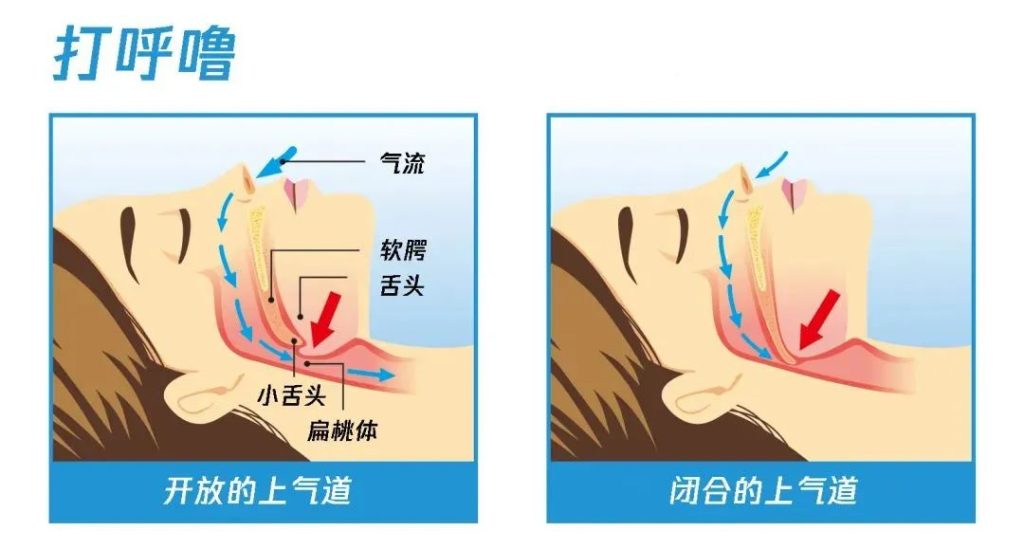
年龄增大、肥胖、吸烟酗酒、遗传、疾病都有可能造成或加重打呼噜的症状。
不过也并不是所有的打鼾,都影响身体健康,有一部分人只是有鼾声,但睡眠结构良好,没有缺氧,此时并不影响健康。
具体症状
白天嗜睡、疲劳:常常会在看书、开会、开车等情况下出现疲劳、困倦、注意力不集中,还可能出现脾气暴躁。
呼吸中断:打鼾过程中突然有一段时间非常安静,甚至呼吸中断,但随着大声打鼾会重新恢复呼吸,有时本人也会被憋醒;
晨起头痛:约有10%~30%的OSA患者伴随晨起数小时内的头痛症状;
晨起咽痛或咽部不适:经过整夜的咽喉软组织震动以及口呼吸状态后,很多人会出现晨起咽部疼痛、咽部不适感;
生长发育缓慢:常见于儿童

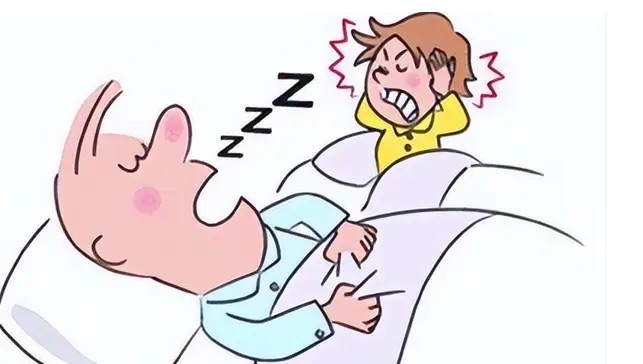
患睡眠呼吸暂停综合征的人在睡眠时打呼噜且伴有张口呼吸、频繁呼吸停止、睡眠不安宁、睡眠中被反复憋醒,夜间还会出现心绞痛、心率失常或夜尿增多的现象。
这类人醒来后也是非常嗜睡的,而且睡醒后会出现血压升高、头痛等症状。长久以往,打呼噜除了会增加心脑血管意外风险外,也会使得人的记忆力减退、反应迟钝,甚至部分老年人会出现抑郁。
影响人群
1.绝经后的女性
女性绝经后雌孕激素水平下降,就会更容易打呼噜,阻塞性睡眠呼吸暂停综合征的患病率也会上升。
2.喜欢睡觉仰卧的人
仰卧时舌后区塌陷,也就是舌头向后坠,会堵住一部分的舌后气道,使气道变窄,更容易打呼。
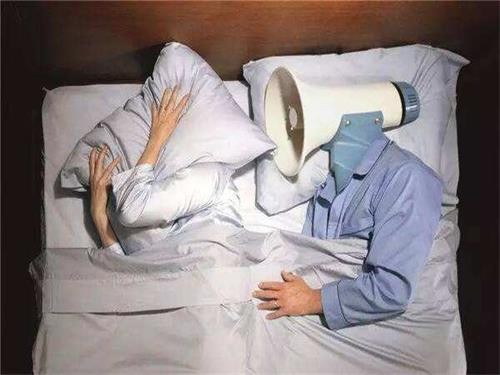
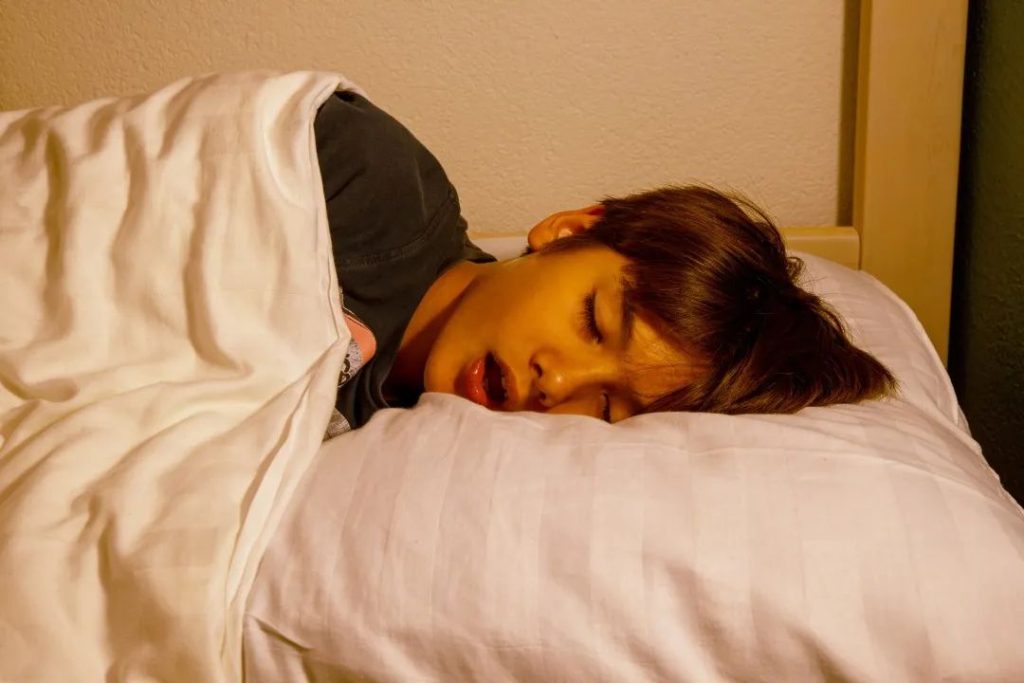
3.习惯用嘴呼吸的人
比如患有鼻炎的人,睡觉时用嘴呼吸,鼻腔半径减小,进而增加鼻阻力,使有效通气面积减少,从而导致气道塌陷,引起呼噜。
4.肥胖的人
研究显示体质指数(BMI=体重/身高2)大于28 kg/m2,是阻塞性睡眠呼吸暂停综合征的重要发病因素。
可能因为脖子粗,更多的颈部脂肪增加了上呼吸道的负荷,进而缩小上呼吸道,所以打呼噜的概率更高。
5.喝酒、抽烟的人
酒精会加重上气道堵塞,而吸烟与上气道炎症水平增加有关。
此外,遗传、舌体肥厚、服用肌松剂等镇静催眠药物,或甲减等内分泌疾病,也与呼噜的发生有关。
治疗方案
需要引起大家重视的是,越来越多的研究表明:OSA与许多心血管并发症有关,包括高血压、房颤、心力衰竭、冠状动脉疾病、中风(脑卒中)、肺动脉高压,而重度OSA与心血管死亡率相关。因此,打鼾情况严重的人们还是很需要治疗干预的。
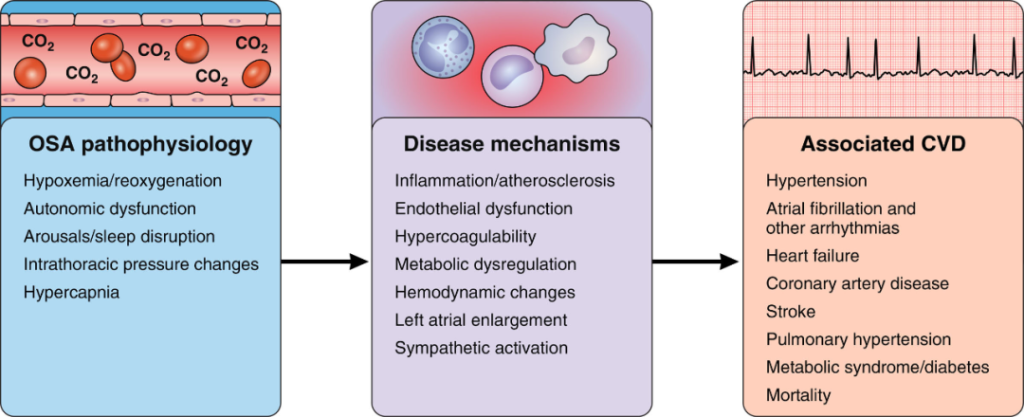
A. 激光止鼾
简介:
Ai Beauty 激光止鼾是一种无创无痛的新型激光疗法,可有效改善鼾症,提高患者的睡眠质量。通过柔和的激光对舌肌周围进行加热,紧致口腔粘膜组织中的胶原蛋白,从而达到改善睡眠呼吸暂停的效果,并有效降低打鼾的幅度。激光能量用于紧致气道组织后会产生收紧效果,也有助于保持气道开放。
作用原理:
激光止鼾通过温和、浅表的Er:YAG激光优化激光脉冲,使激光热能更有效地渗入口腔粘膜组织,刺激口腔粘膜组织中的胶原蛋白收缩紧致,使喉咙后部收缩,从而更好地支撑小舌和气道(打鼾的来源)。治疗后更广阔的气道可以在呼吸过程中摄入更多的氧气并有效降低打鼾的幅度,显著改善打鼾及呼吸停顿情况,提高睡眠质量。
流程:
1、面诊:根据个人需求和打鼾情况进行评估。
2、术前准备:清洁、消毒治疗部位,镭射光束预热组织。
3、激光治疗:使用镭射光束强化组织。
4、术后注意事项。
时间:1小时
适合人群:
- 常年受打鼾困扰的人;
- 想改善打鼾情况又不想手术的人;
改善打鼾,
选择 Ai Beauty Clinic,我们提供最专业安全的医美服务。
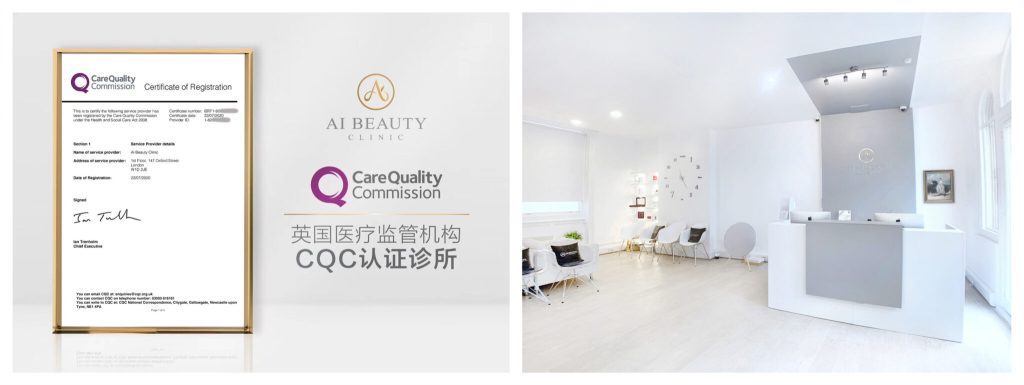
AI BEAUTY CLINIC 是经过英国国家医疗监管机构CQC认证的正规医美机构,也是一家被 ULTHERAPY超声刀总公司和 PISCOSURE蜂巢皮秒总公司等医美行业大佬强力推荐的伦敦正规医美机构。
我们是目前英国最大的亚洲医美机构,积累了丰富的亚洲客人临床经验,拥有自己的医学研究部门,由著名英国医美首席培训导师牵头,有多名曾任职于NHS国家级医院的医生护士坐诊,均为英国GMC/NMC注册专业医护人员,提供最正规安全的亚洲式医美。
AI BEAUTY始终将医疗安全置于第一位,不仅每位医护人员有独立的医疗保险,还为每位客人购买了保额5百万英镑的诊所的医疗保险,给每一个客人购买双重保险,全面保障客户利益。
到目前为止, AI BEAUTY 已经成功服务了超过15,000名全球客户,被欧洲时报、美国CW电视台等多家知名媒体报道,在英国伦敦建立了良好的客户信任度与极佳的口碑。

